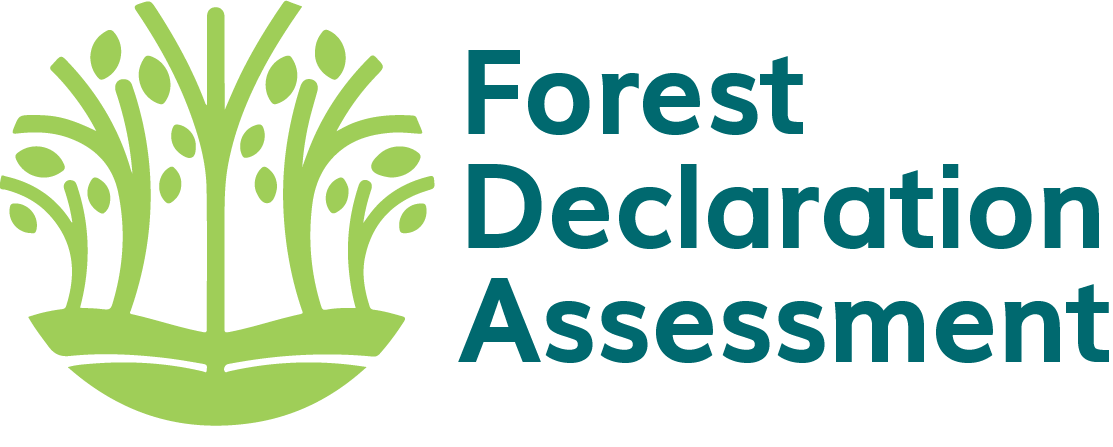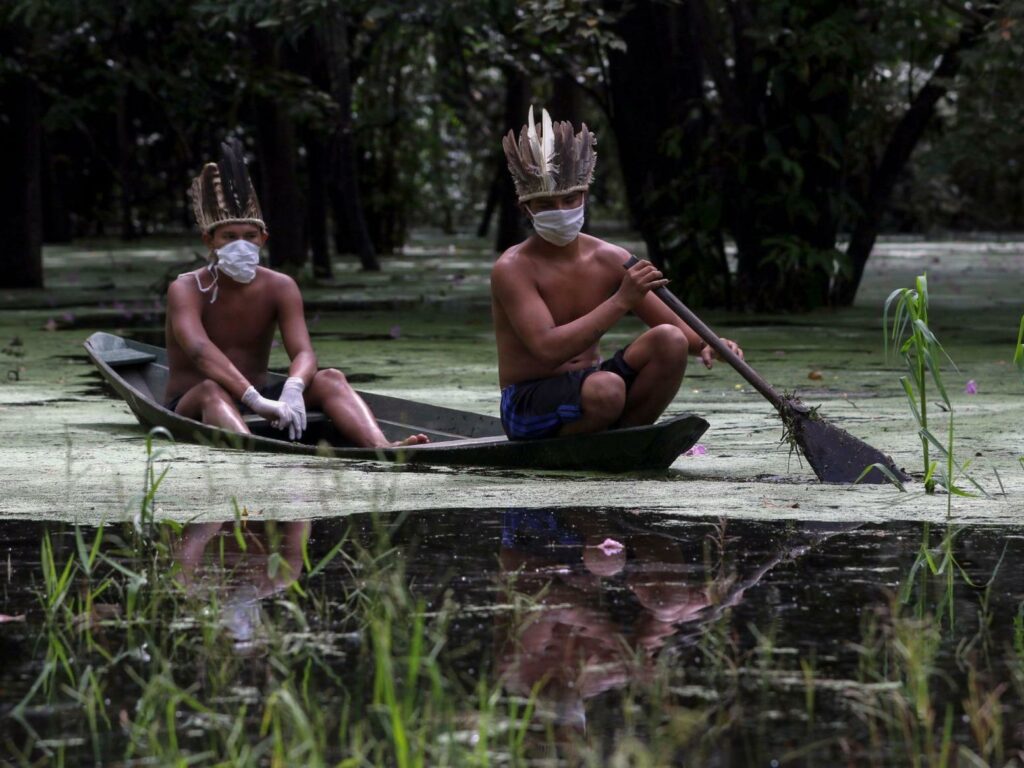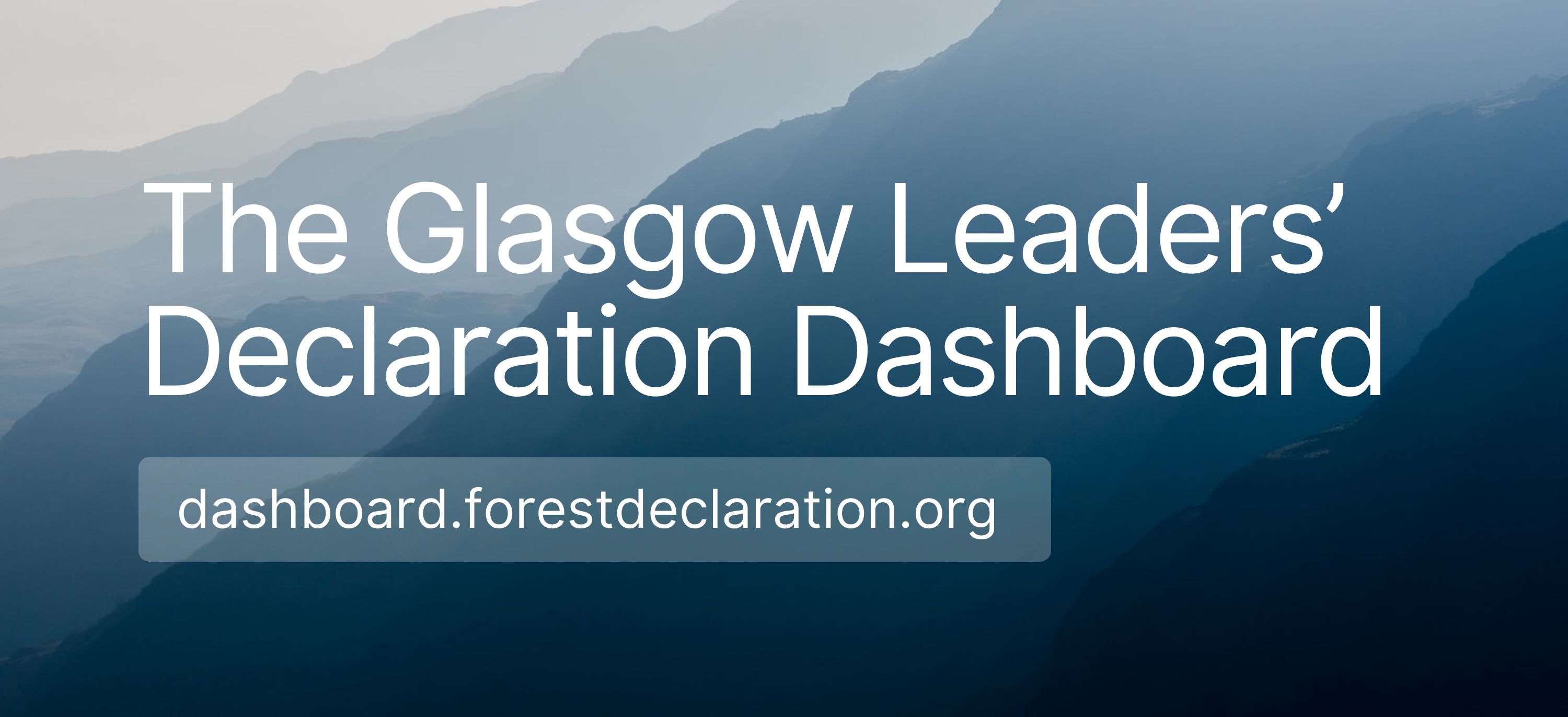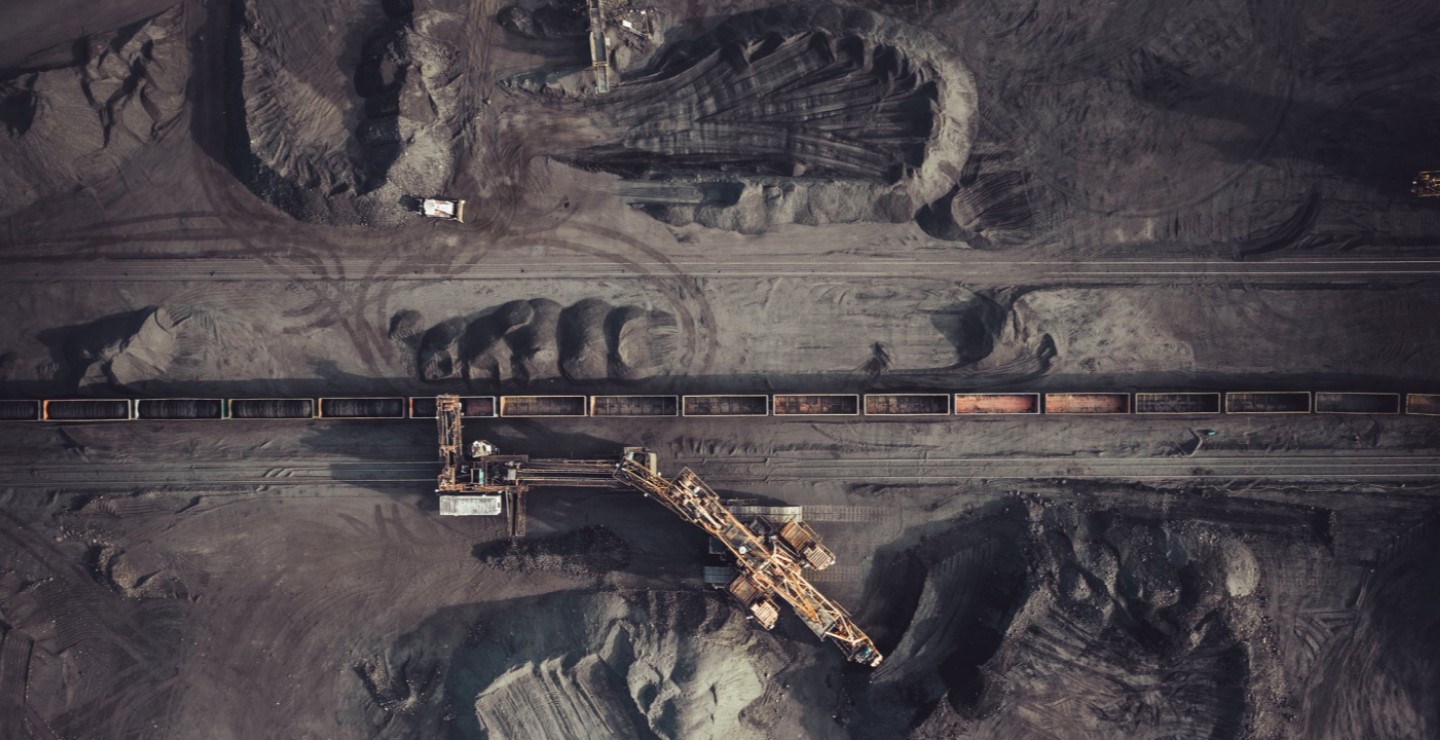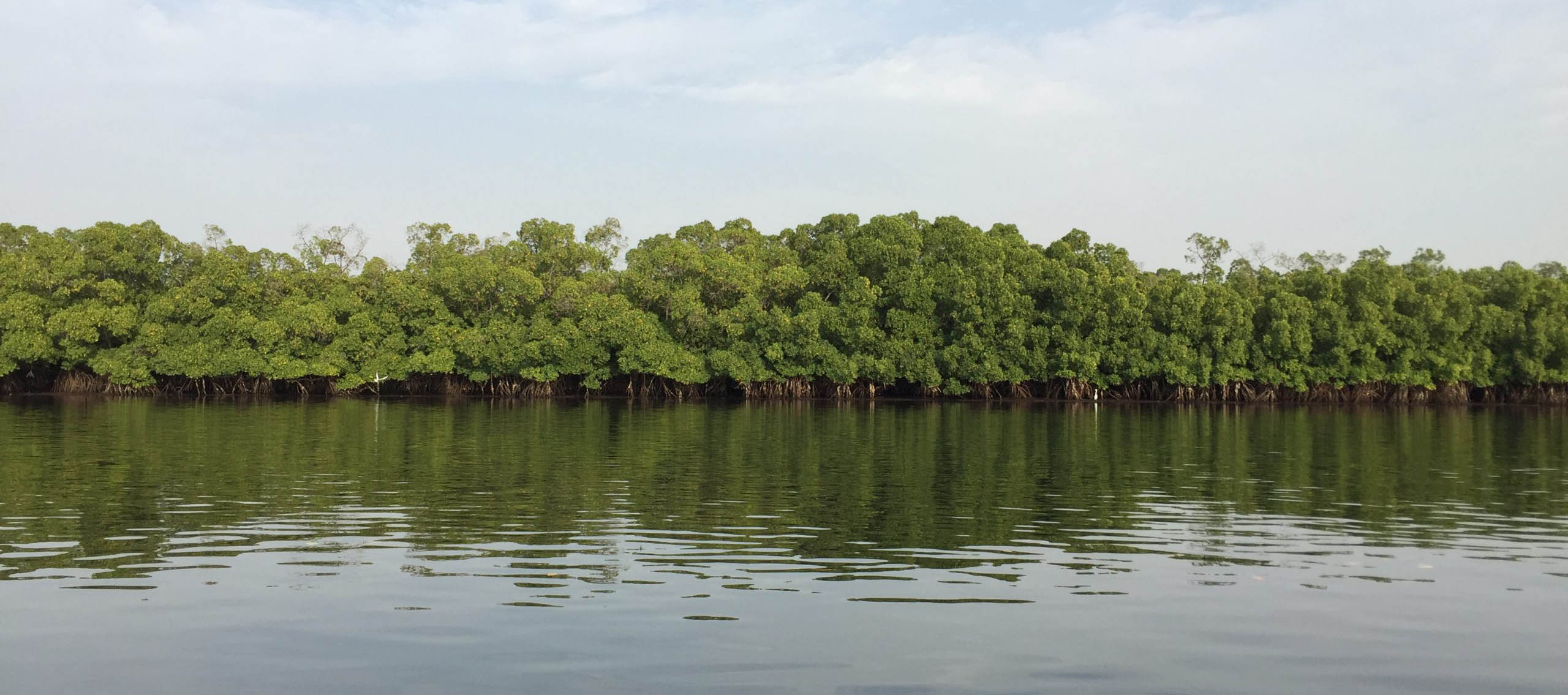This blog was originally published in Spanish in El País.
By Tuntiak Katan
As deforestation in the Brazilian Amazon and other countries reaches dramatic and unprecedented levels, the country’s indigenous communities are increasingly under siege, reflecting a trend seen throughout Latin America.
Leaders of indigenous organizations in Brazil this week launched a campaign to demand the expulsion of illegal miners from the Yanomami territories. Nearly 14,000 miners have invaded the region of such emblematic people.
Unfortunately, the Yanomami story reflects what is happening in tropical forests throughout Latin America. Deadly infections of COVID-19 are showing up in even the most remote regions of the rainforests of the region, and legal and illegal miners, loggers and land grabbers are acting under cover of the pandemic to take over our lands and poison our rivers, particularly in the Amazon Basin.
We welcome the unprecedented commitment made by the prestigious High Ambition Coalition in a declaration that reflects what peer-reviewed science has shown definitively and the IPBES report confirmed. In its declaration, the High Ambition Coalition stated, “…we cannot safeguard the world’s remaining biodiversity without partnering with and respecting the rights and the traditional knowledge of Indigenous Peoples and Local Communities, who often are the world’s best stewards of nature.”
We are the forest, the river, the biodiversity, the ecosystems and all sacred spaces; therefore, we safeguard all these resources based on our ancestral knowledge. It is urgently necessary to respect and ensure indigenous and local communities' rights as we represent the guarantee of a global balance with nature.
“Indigenous peoples are the forest, the river, the ecosystems and sacred spaces; therefore, we safeguard all these resources based on our ancestral knowledge.”
I speak representing my brothers and sisters who cannot denounce invasion of illegal miners because they have been muted, and as a leader of the Global Alliance of Territorial Communities, representing a coalition of Indigenous Peoples and local communities from the tropical forest countries of Latin America and Southeast Asia.
We are prepared with our own proposals and our own solutions for advancing almost every objective embraced by the United Nations and global organizations, investors and other corporate entities. Science has shown that recognizing and enforcing the rights of Indigenous Peoples and Local Communities allows us to outperform all other groups, public or private, who are charged with managing vulnerable ecosystems.
In a recent report, the World Economic Forum estimated the value of intact biodiversity globally to the economic sector at $33 trillion. In the same text, the authors noted our role as protectors of 80 percent of the world’s remaining biodiversity, and called us the best stewards of Nature. And yet, too often we are marginalized in concrete proposals for conserving biodiversity and reducing deforestation.
The attitude of our national governments during the COVID-19 crisis suggests we are disposable. As more science emerges about the link between the emergence of new pathogens and biodiversity loss and deforestation, the conservation world should consider our survival as protective, not only of the planet, but of humanity.
The pandemic—a symptom of a world out of step with Nature— has captured the global public’s attention. We hope the world will be prepared now to hear what we have to say.
About the Author
Tuntiak Katan is the General Coordinator of the Global Alliance of Territorial Communities and Vice Coordinator of the Coordinator of the Indigenous Organizations of the Amazon Basin (COICA).
The Global Alliance of Territorial Communities represents Indigenous Peoples and local communities of the Amazon Basin, Brazil, Indonesia, Central America and Mexico, grouped in the territorial organizations Aliansi Masyarakat Adat Nusantara (AMAN), Mesoamerican Alliance of Peoples and Forests (AMPB), Articulation of Indigenous Peoples of Brazil (APIB) and Coordinator of the Indigenous Organizations of the Amazon Basin (COICA).
COICA (Coordinator of the Indigenous Organizations of the Amazon Basin) is an indigenous organization of international convergence that guides its efforts towards the promotion, protection and security of indigenous peoples and territories through the defense of their ways of life, principles and values. social, spiritual and cultural. Our pre-existence is framed in the defense of life and the Amazon to continue as seed on earth and conserve forests for a living planet that ensures the continuity of our present and future generations.
COICA is an NYDF Endorser.
Photo: Amazonia Colombiana. Credit: OPIAC
